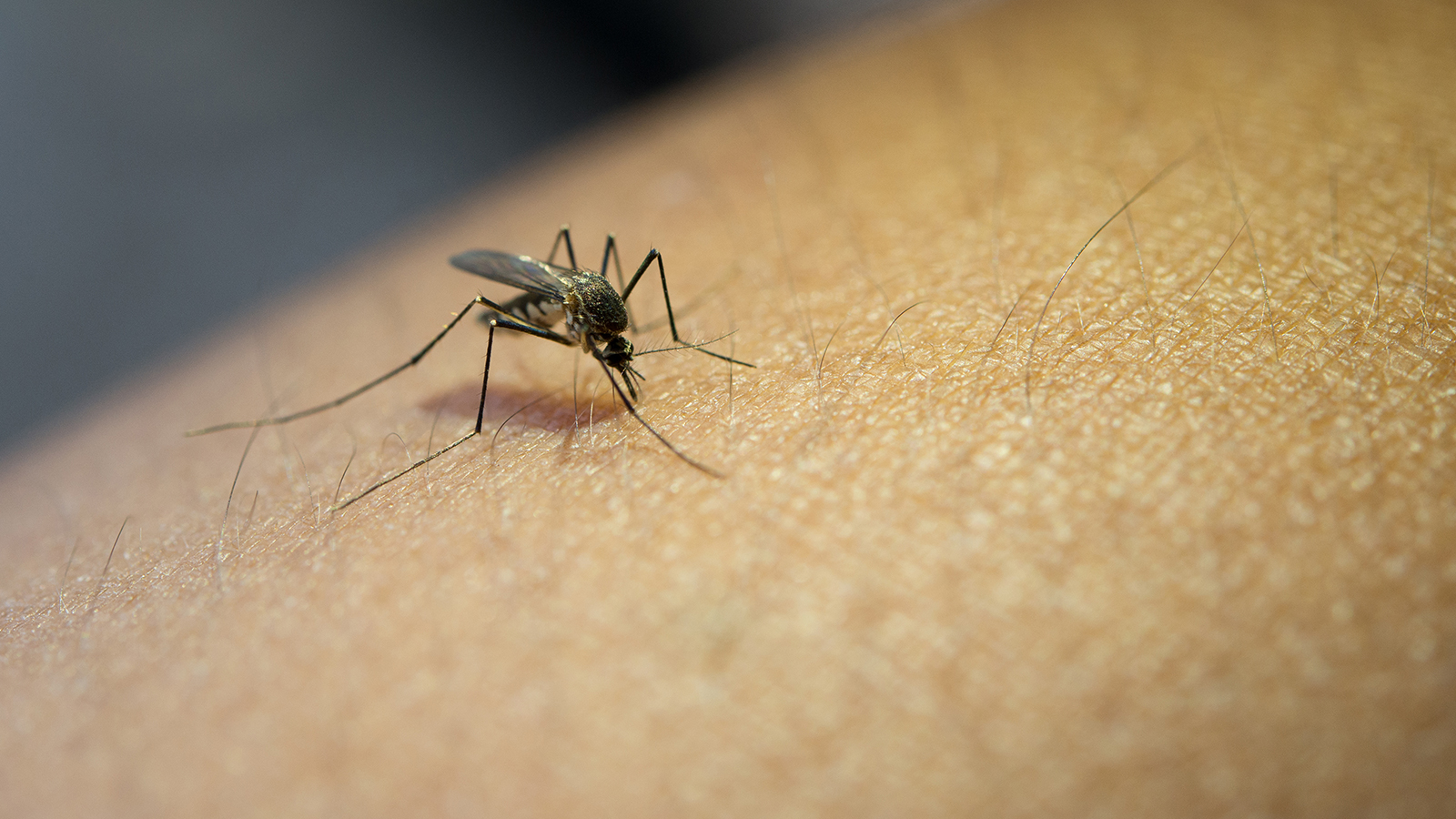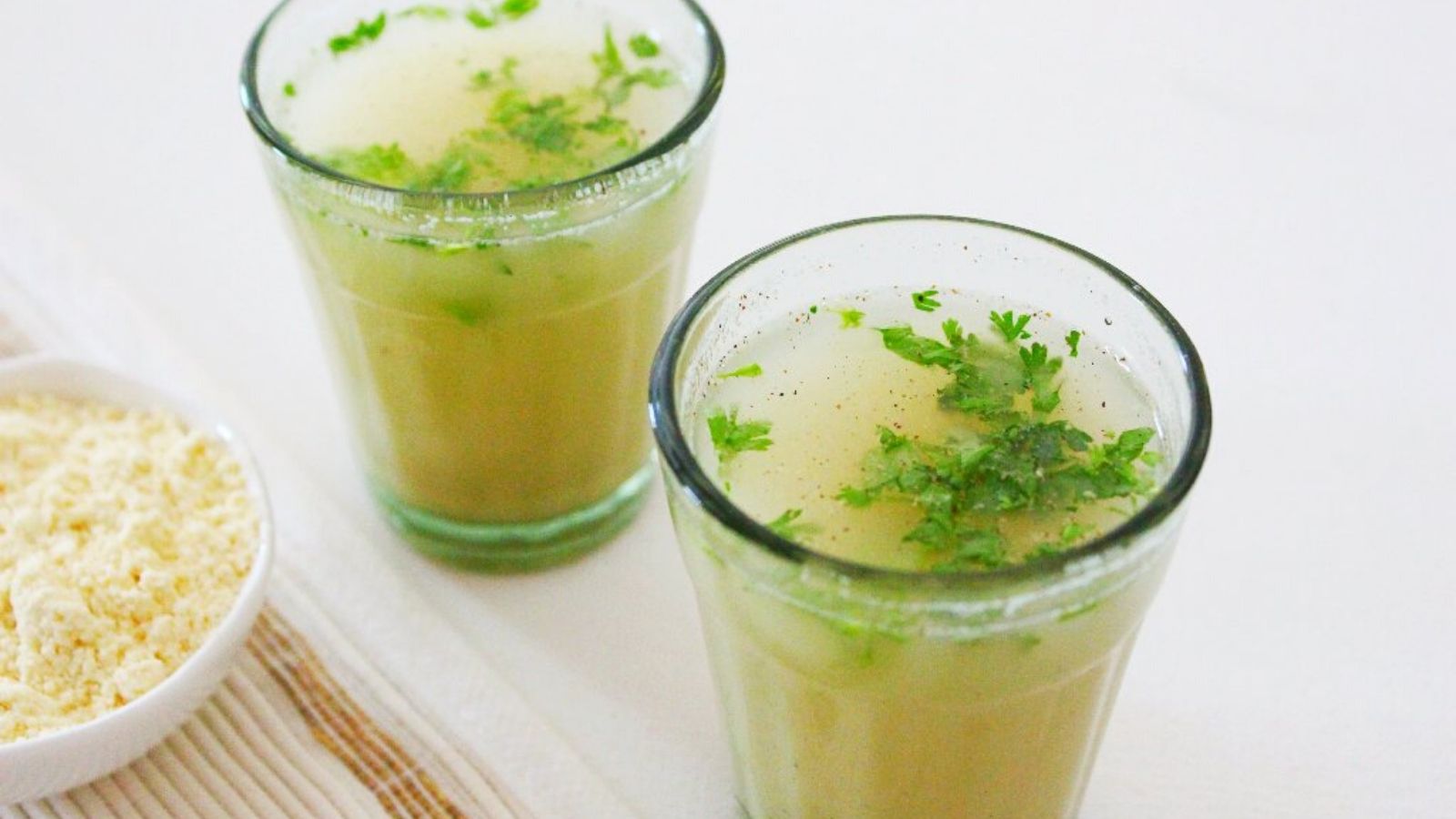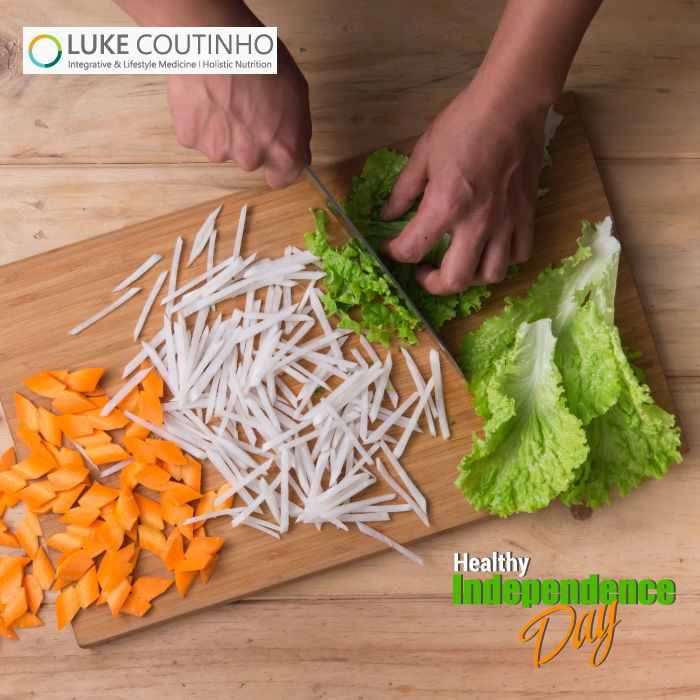Want to Protect Yourself From Mosquito Menace? Here Are Easy Life Hacks to Follow
From the romanticism that pitter-pattering raindrops bring to the comfort of snuggling up with your favorite book and a cup of tea, there are several reasons why monsoons are much-loved by many.
And while the rains certainly bring delightful respite from the scorching summer heat, we often forget that the monsoon is also the breeding season for mosquitoes. With mosquito bites being one of the top causes for the spread of vector-borne diseases like dengue, malaria, and chikungunya, one must up their guard to stay protected.
What are some steps to keep mosquitoes at bay?
Check if your surroundings or neighborhood has standing water. Stagnant water is the breeding ground that attracts mosquitoes. If you have potted plants at home, ensure water isn’t accumulating or attracting mosquitoes. The more mosquitoes around you the greater the chance of being bitten. Best to nip the problem in the bud by getting rid of standing water in your home and locality.
As cliche as it sounds, maintaining basic hygiene is key. Wash your hands and feet if you have been stepping out. Check: Are you boiling your drinking water thoroughly?
If leafy greens are a regular part of your meals, avoid eating them raw in the monsoons. Many insects tend to lay eggs on these leaves. One tip would be to soak these fresh leafy greens in warm water with salt and little apple cider vinegar to remove dirt and get rid of any clinging pests.
But what do we do if we are still at the risk of being bitten by mosquitoes despite taking these precautions, you may ask.
As we also celebrate World Mosquito Day today, we have listed down some easy-to-follow tips to protect yourself and your family from mosquito bites. While these may not be 100% effective, they can be the first step towards reducing your risk of dengue and malaria.
If you are wondering why not rely on the popular age-old mosquito repellent creams and lotions? Yes, these do provide temporary protection with multiple applications. But did you also know what else is effective at repelling mosquitoes and avoiding mosquito bites?
Essential oils.
These oils are easily available and can be very effective. But a thumb rule that you must follow while using any essential oil is to combine it with a carrier oil. This carrier oil could be coconut, sesame, almond or even jojoba oil. Before applying it to your hands or feet, always do a patch test.
Take the oil, mix it with the carrier oil and rub it on a small portion at the back of your wrist. Check for a couple of hours. If there is no irritation or redness, it means it suits your skin. If you have a skin condition, always consult your medical professional before applying anything new.
Lemon eucalyptus oil
Lemon Eucalyptus oil, apart from its delightful fragrance, has several health benefits. It is known for inducing calm and uplifting feelings and for purification. It is also considered effective in clearing cold and congestion, improving digestion, relieving pain and inflammation, boosting the immune system, and stimulating circulation.
But most importantly, it is excellent at repelling mosquitoes. Remember to never apply this to skin that is breaking out, wounded, or bleeding. Dilute the oil before application by adding coconut or jojoba oil. It will keep mosquitoes away for about three to four hours.
Peppermint oil
Mixed with a little bit of carrier oil, applying peppermint oil is also effective in repelling mosquitoes. You can also combine water and peppermint oil in a spray bottle. Shake well and spray the solution at mosquito entry spots or hideouts. Its sharp and strong odor acts as a repellent. You can also use it with a diffuser in your room to ward off mosquitoes.
Lemongrass oil
Studies reveal that topical application of lemongrass essential oil can offer 74 to 95% protection for 2.5 hours. When diffused, it can effectively keep mosquitoes at bay. This is one of the reasons why right from the olden days to date, Indians light incense in their house.
Lavender oil
Lavender is great for inducing sleep, calmness, and clarity. It also helps reduce anxiety, aggression, mood swings, and depression. Mosquitoes feel repulsed by its sharp fragrance which otherwise seems fresh, floral, and soothing to humans. Lavender oil is said to repel mosquitoes by 80 to 90 percent for three to four hours. Its antifungal and antibacterial properties make it beneficial for healing mosquito bites, especially for little ones.
Thyme
In many countries, people take dried thyme leaves and burn them in their homes to prevent mosquitoes from entering. Doing this offers 85% protection for up to three hours. Thyme essential oil is also a good mosquito repellent. The topical applications of thyme oil can provide 89 to 97% protection against mosquitoes for two to three hours.
Citronella oil
You may often find citronella sprays in your hotel rooms. These can be sprayed in rooms as well as on your skin. But doing a patch test is important. The essential oil is a natural mosquito repellent with a fresh, cleansing, lemony aroma. Diffusion of citronella oil helps elevate your mood, soothe anxiety, depression, and fatigue. The only setback is that citronella oil evaporates quickly. This means that it is only effective for a short time. Studies point out its topical application can provide complete protection against three different types of mosquitoes for up to three and a half hours.
Tea tree oil
One of our personal favorites, tea tree oil, is effective in repelling mosquitoes. If you get bitten, mix and apply a few drops of tea tree oil with coconut, almond, or jojoba oil at the site of the bite. It will immediately soothe the itch. Tea tree oil is also deemed one of the most medicinal essential oils due to its antiseptic and anti-inflammatory properties. While it may not prevent dengue or malaria if you get bitten by a mosquito infected with it, it reduces the after-effects of the sting. When diffused, it induces feelings of confidence and also stimulates memory.
Neem oil
Indigenous to our soil and used by our farmers, neem oil is very effective in warding mosquitoes. When applied with a carrier oil, its pungent smell will definitely help you repel mosquitoes (and maybe even people). Unlike other essential oils, avoid adding add neem oil to a diffuser.
Always remember, another thumb rule for using essential oils is to keep the dilution at 3%. Otherwise, they might be too concentrated for your skin. Avoid applying them to your face. Use it on your arms and legs instead, since these areas are more likely to get mosquito bites. Since essential oils are strong, also remember to use them sparingly.
Want to make your own DIY mosquito repellent? Check this out.
What do you need?
- Ten drops of natural Neem oil
- Ten drops of lemon eucalyptus oil
Or
- Ten drops of natural tea tree oil
- 30 ml of natural coconut oil
Procedure
- Add the coconut oil and neem oil, tea tree oil, or eucalyptus oil to a bottle of 50 ml and mix well.
- Apply the mixture to your body exposed areas at least twice per day.
Benefits
- Neem oil has a strong aroma and composition and protects you from mosquitoes.
- Lemon eucalyptus oil has a strong p-Menthane-3, 8-diol (PMD), and citronellal compounds that effectively keep mosquitoes away.
- Tea tree oil possesses antiseptic properties which help mosquito bites heal fast.
- Coconut oil has anti-inflammatory and antibacterial properties that give immediate relief to itchy bites.
We hope you and your family can stay safe from the onslaught of mosquitoes with these tips. Remember, prevention is always better than cure.
But if you or someone you know is struggling with dengue, you can also check out lifestyle hacks to tackle it and boost your platelet count here.
|
From a pimple to cancer, our You Care Wellness Program helps you find a way Talk to our integrative team of experts today 18001020253 |










Leave a Reply